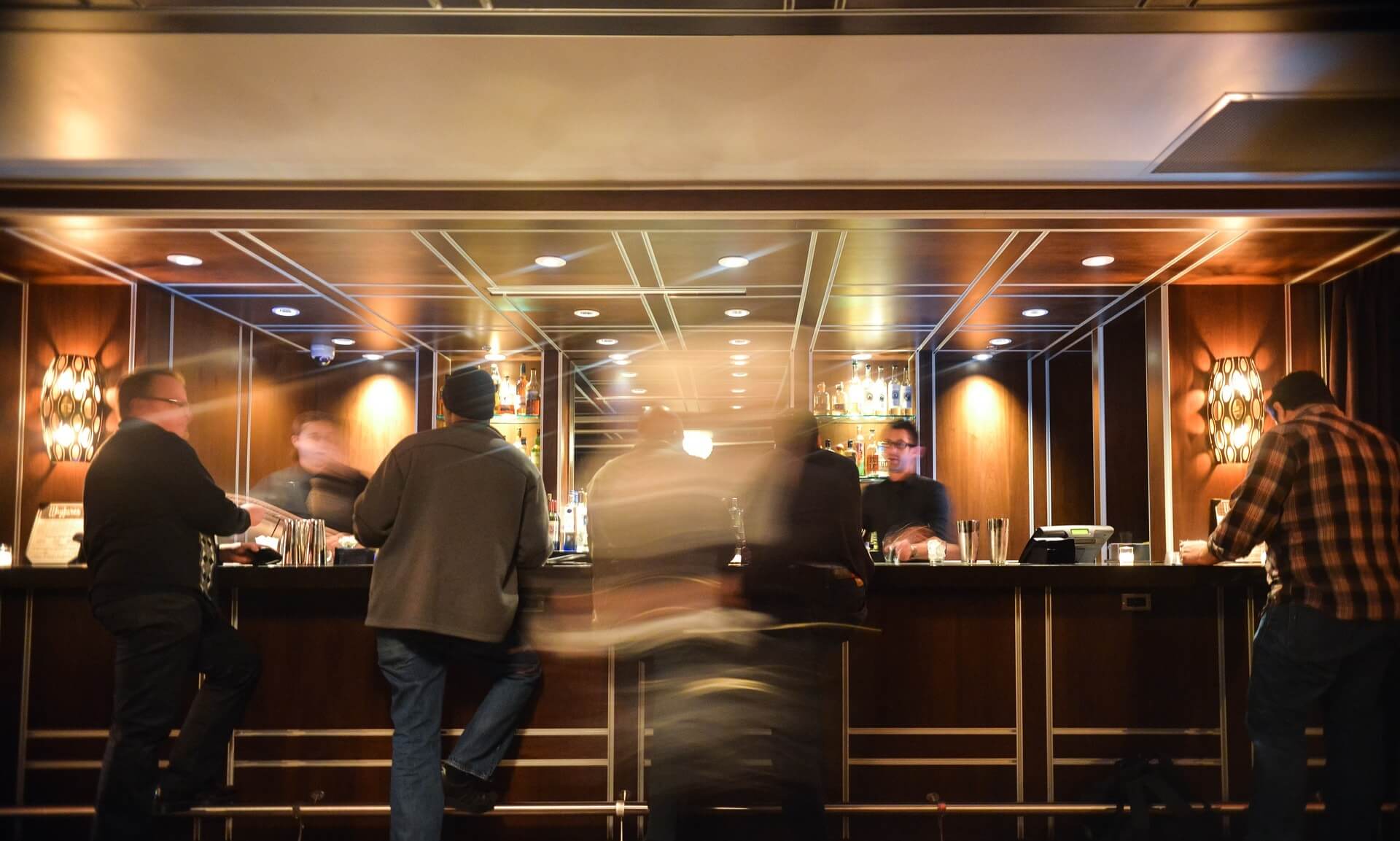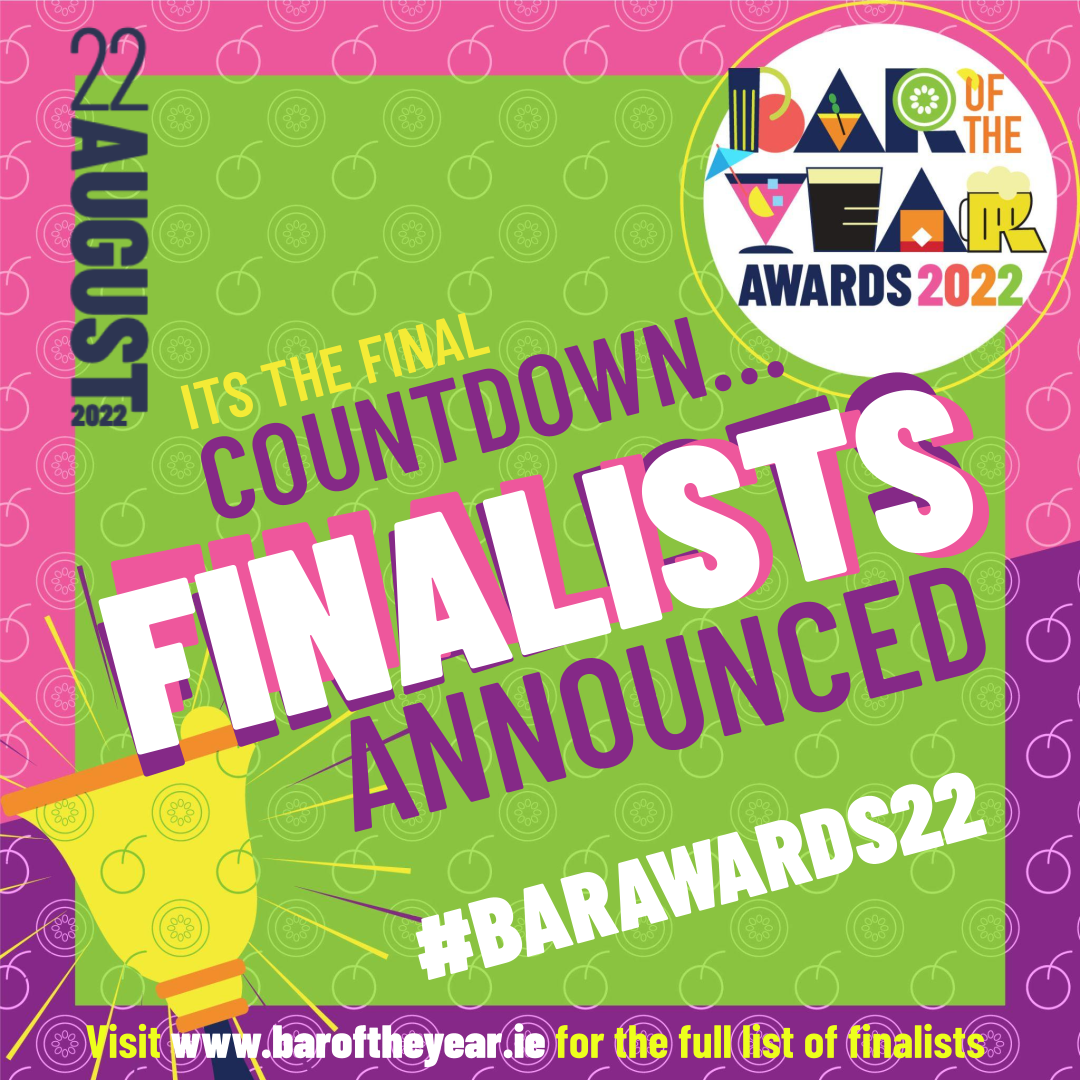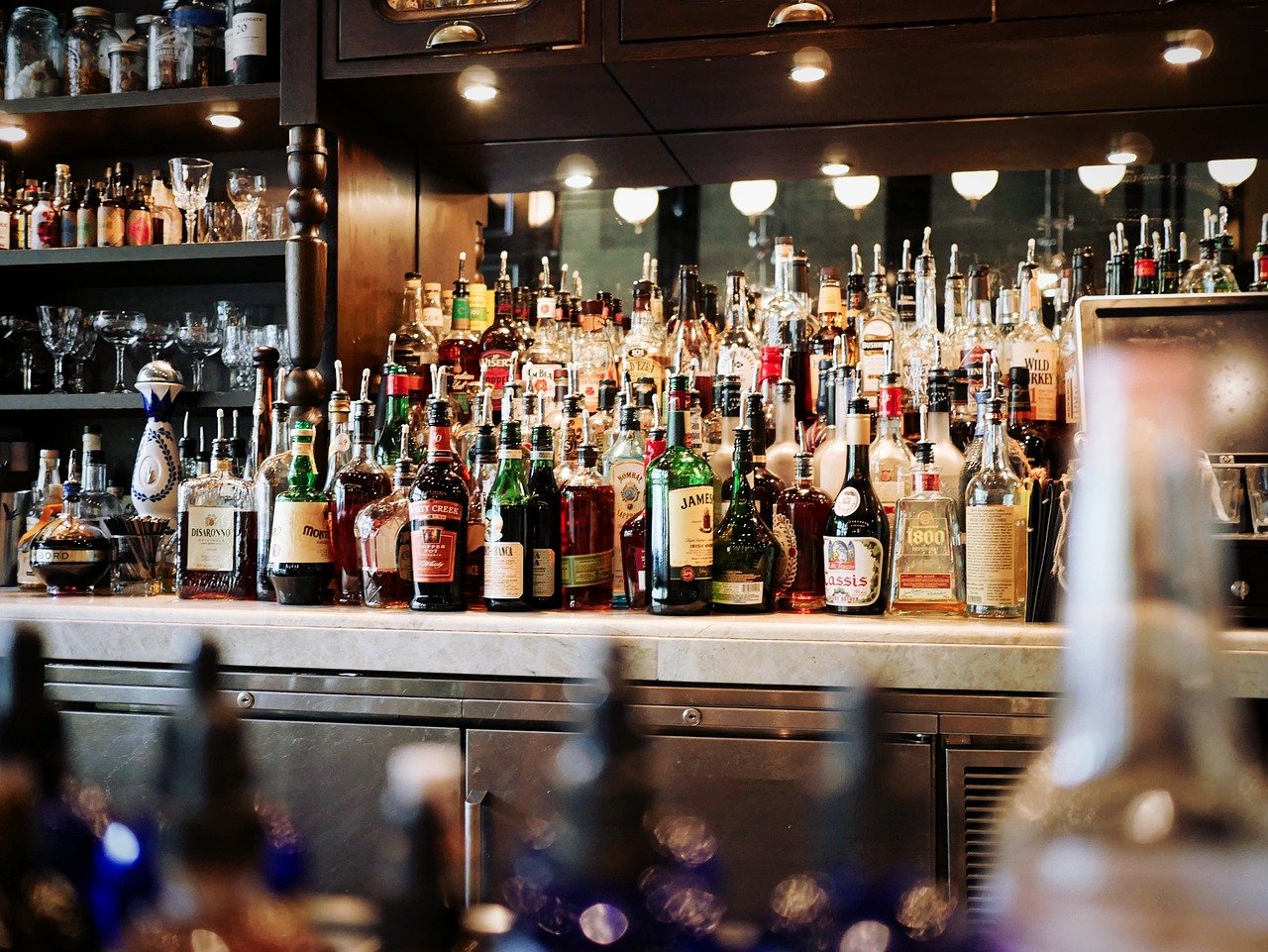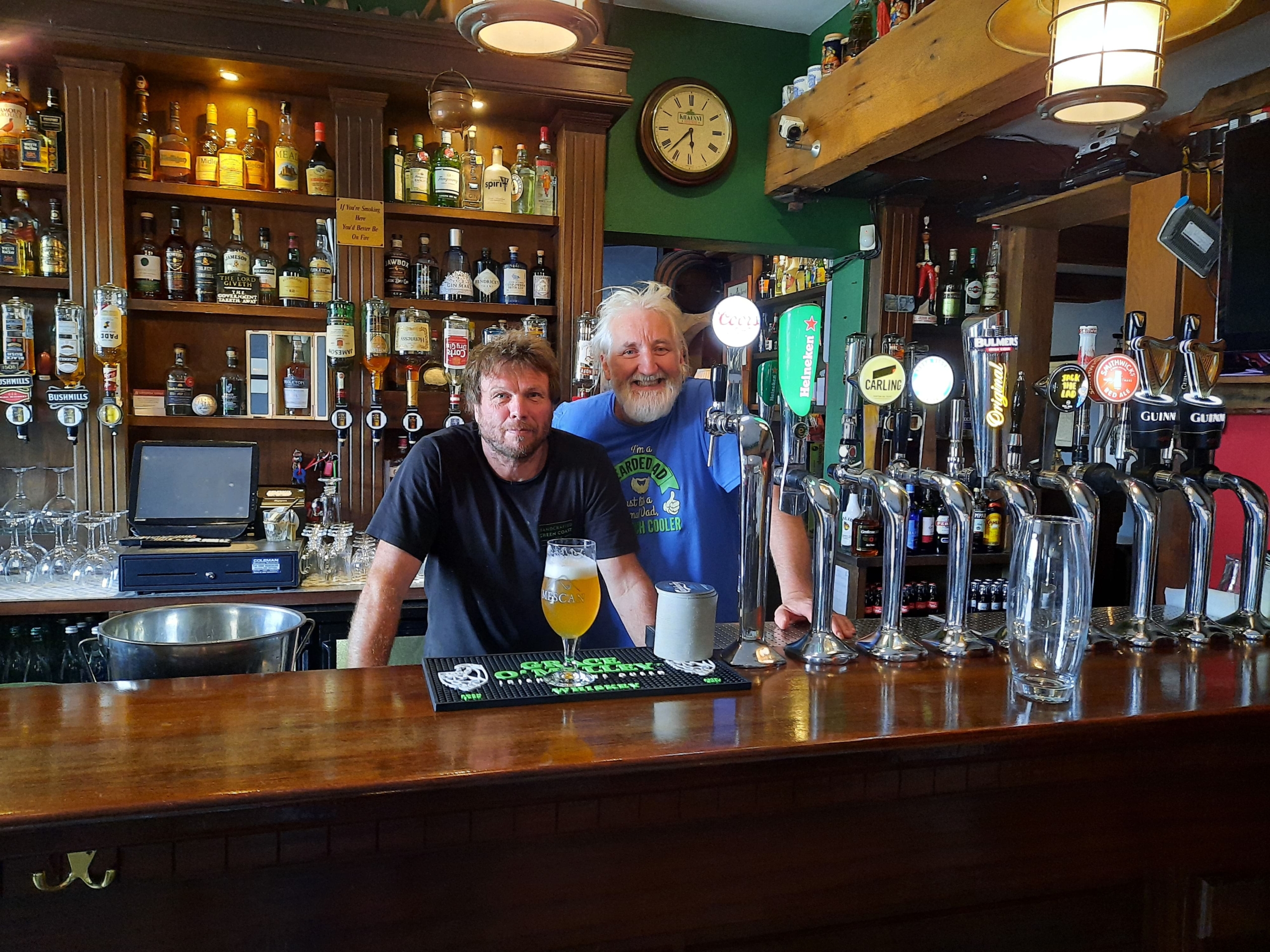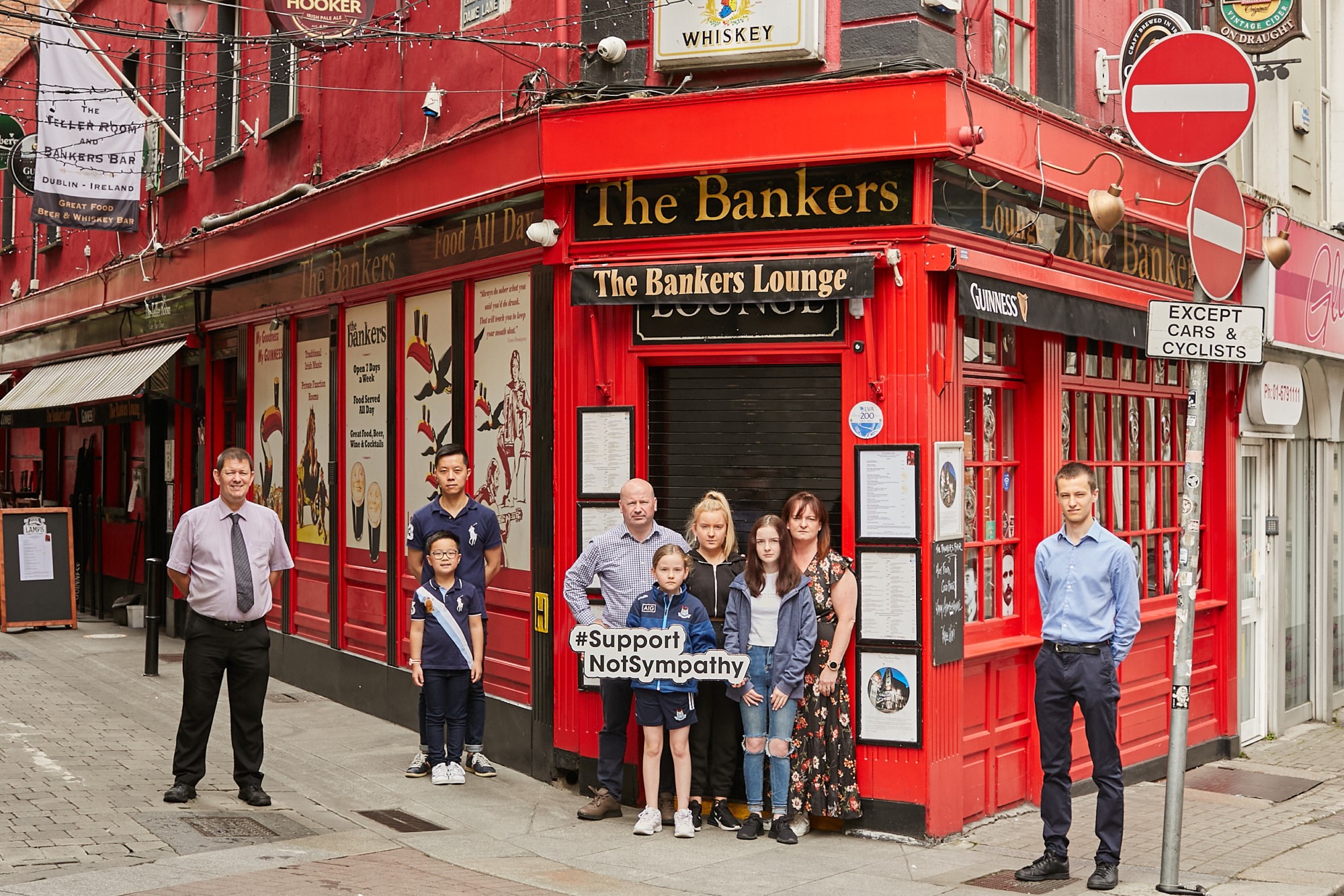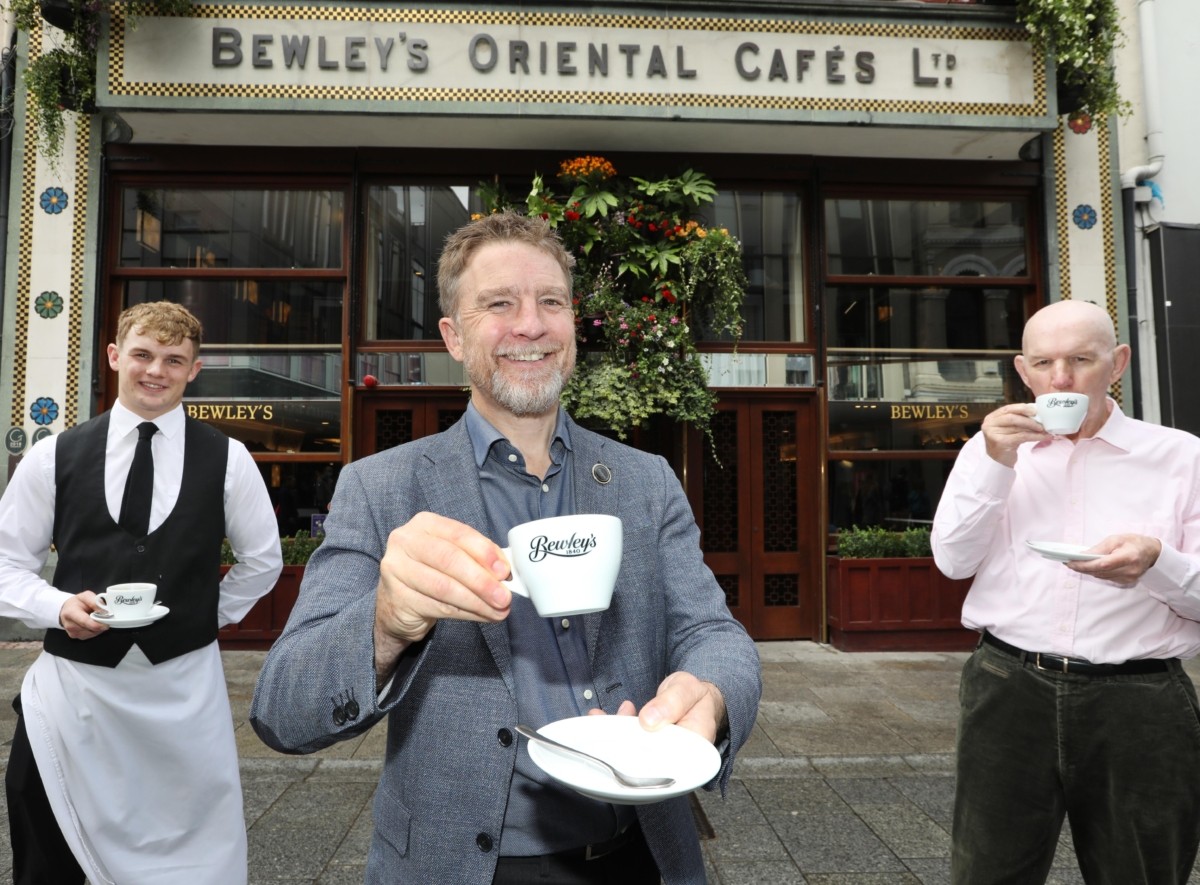There were 1,477 less pubs in Ireland last year than in 2005, representing a 17.1% drop in businesses across the country, according to the Drinks Industry Group of Ireland (DIGI) today.
In 2017, there were 7,140 pubs nationwide – a decline from 8,617 in 2005. The figures are based on an analysis of the liquor licence figures published by Revenue – which tracks the number of premises that have publican’s licences (7-day licences that allow the sale of beer, wine and spirits to be consumed on-site).
Rural counties saw the most significant drop in pubs, which serve as a major source of employment regionally. In 2005, there were 7,831 pubs in Ireland outside of Dublin. In 2017, that number dropped by 18.7% to 6,367.
Cork, which has the largest number of pubs, saw the most significant decline in the country. In 2017, Cork had 915 pubs – a 25% decrease from 1,221 in 2005.
Wicklow, Meath and Dublin saw the smallest decline in publican’s licences. Wicklow pubs dropped from 158 to 157 while Meath was down three pubs from 210 to 207.
In 2017, there were 773 pubs registered in Dublin city and county – down only 1.7% from 786 in 2005.
However, the number of Dublin pubs in 2017 is 4.3% higher than in 2012 – the lowest year for the number of pubs in Dublin.
OTHER LIQUOR LICENCES
In contrast to publican’s licences, off licences saw an increase of 11.8% since 2005. 3,331 premises registered an off licence in 2017, compared to 2,966 in 2005. Licences for wine-only bars and restaurants were also up 3.1% since 2005.
In total, there were 866 fewer liquor licences registered in Ireland in 2017 than in 2005 – a decrease of 5.6%.
DIGI is the representative group for the wider drinks and hospitality industry in Ireland whose membership spans manufacturers, distributors and the retail sectors, including Alcohol Beverage Federation of Ireland; Licenced Vintners Association; Vintners Federation of Ireland; Restaurants Association of Ireland; Irish Hotels Federation and the National Off-Licence Association.
90,000 jobs across the country are dependent on the drinks industry alone. The industry purchases over €1.1bn of Irish produce annually, exports goods worth over €1.25bn, and provides over €2.3bn worth of excise and VAT income to the state.
According to the DIGI report – Ireland’s Hospitality and Drinks Sector and Your Constituency – authored by DCU economist Anthony Foley and published last year, Mayo hospitality and drinks businesses enable 4,095 jobs and generate €184 million in revenue for local tourism economy.
COMMENT
Commenting on the findings, Padraig Cribben, Chief Executive Officer, Vintners’ Federation of Ireland and DIGI member said: “The number of pubs are down 17.1% in the period from 2005 to 2017 which is a worrying statistic. These pubs are small businesses, mainly in rural Ireland, that provide significant employment and continue to create jobs in local communities.
“In Mayo alone, hospitality and drinks businesses enable 4,095 jobs while in Donegal, there are 368 pubs and 7,445 jobs supported by the industry. This demonstrates the scale of employment that this sector creates rurally.
“However, the sharp decline in the number of pubs is worrying and is further evidence of the need to monitor the industry and ensure the necessary supports are in place to reverse this trend.
“While the Government committed to assist small rural businesses recover during the recession, business owners in the drinks industry were challenged by two increases in alcohol excise tax in Budget 2012 and Budget 2013. Our punitive alcohol excise tax – the second highest in the EU – slows the growth of these businesses and impacts their day-to-day operations and bottom line.
“DIGI is calling on the Government to reduce Ireland’s high rate of excise tax. A reduction in alcohol excise tax will encourage the growth of our drinks and hospitality sector, return money to Irish consumers and make Ireland more competitive internationally.”
